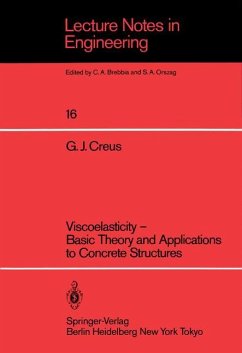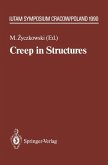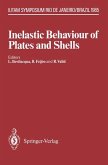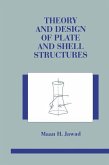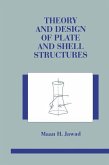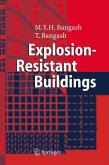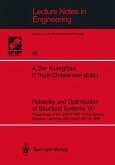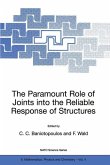This book contains notes for a one-semester graduate course which is an introduction to the study of viscoelasticity and creep of concrete. Emphasis was set on the conceptual aspects rather than on the mathematical or computational refinements. The mathematical structure of viscoelasticity is discussed with some care because it clarifies the basic concepts and has important consequences in computa tional applications. Basic ideas are exemplified using the simplest problems and constitutive models in order to be able to show complete solutions. In the computational applications we have also chosen to present the sim plest situations with the greatest possible detail. It has been the author's experience that once the basic concepts are well understood the students are able to follow the rest of the course more easily and to accede to more advanced literature and applications. Chapters I to III furnish the foundations for the course, that may be expanded in diverse ways. If we are interested in finite elements applications we should look at Chapter IV and then go direct ly to Chapter VII. If we are interested in the simplified analysis of frame structures we should study Chapter VI in detail. Chapter V re views the viscoelastic behavior of concrete and Chapter VIII studies the problem of creep buckling. At the end of each chapter we give se lected references to works that complete and extend the subject matter.
Hinweis: Dieser Artikel kann nur an eine deutsche Lieferadresse ausgeliefert werden.
Hinweis: Dieser Artikel kann nur an eine deutsche Lieferadresse ausgeliefert werden.

